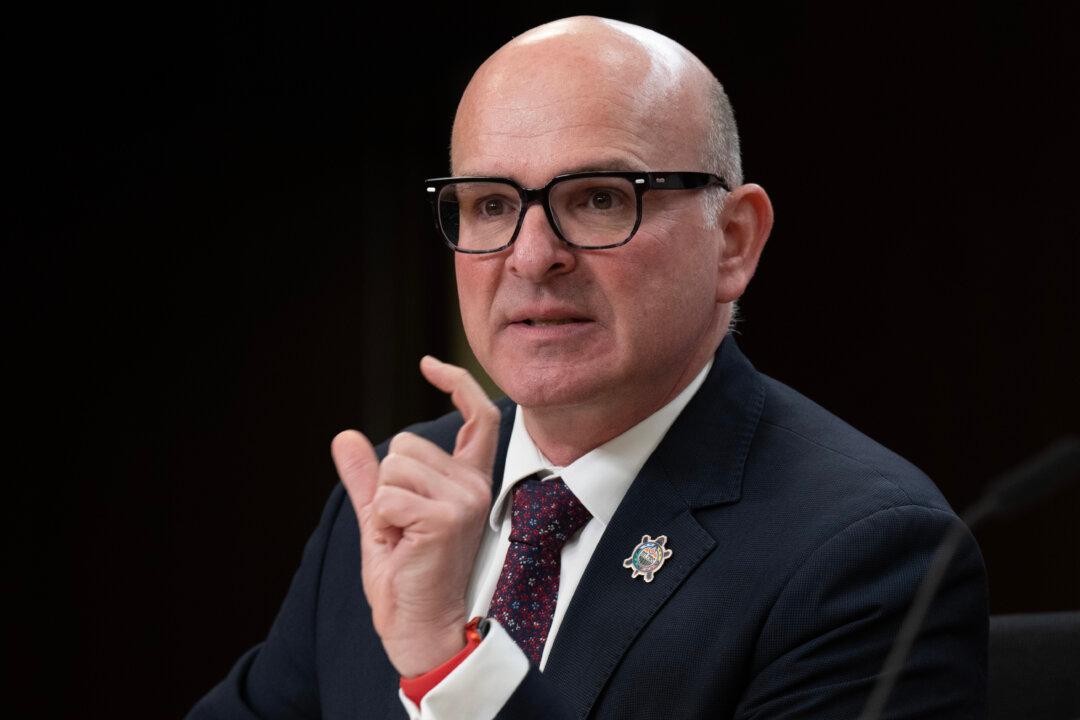Federal Employment Minister Randy Boissonnault says a company he once co-owned did not have his consent when it claimed to be indigenous-owned while bidding on federal contracts.
His comments came after the National Post reported on Nov. 7 it has obtained documents showing that Boissonnaut’s former business partner, Stephen Anderson, described Global Health Imports Corporation as a “wholly-owned Indigenous and LGBTQ Company” when bidding for a contract to supply face masks in 2020.





